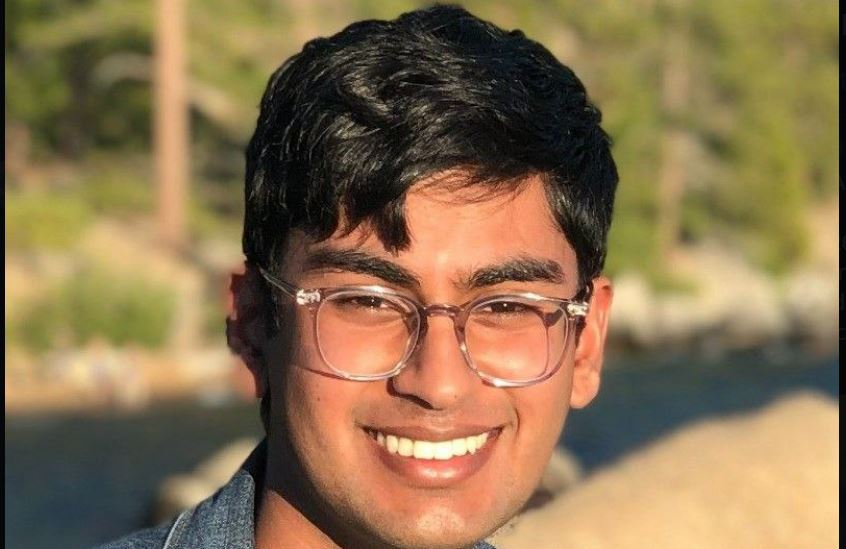The tech world was shaken by the recent tragic death of Suchir Balaji, a young and promising AI researcher known for his work at OpenAI and his role as a whistleblower. Balaji, at just 26 years old, was found dead in his San Francisco apartment on November 26, 2024, in what has been officially ruled a suicide by the San Francisco Office of the Chief Medical Examiner. Balaji was a rising star in artificial intelligence and a whistleblower who had recently come under the spotlight for his criticisms of OpenAI’s practices. His untimely death has raised questions and sparked a renewed conversation about the ethics of AI development.
The tech and AI communities are in mourning after the tragic death of Suchir Balaji, a former OpenAI researcher and whistleblower, who was found dead at the age of 26. Balaji, known for his work in artificial intelligence and outspoken criticism of ethical concerns within the AI industry, was discovered in his San Francisco apartment on Friday under circumstances that remain under investigation.
I recently participated in a NYT story about fair use and generative AI, and why I'm skeptical "fair use" would be a plausible defense for a lot of generative AI products. I also wrote a blog post (https://t.co/xhiVyCk2Vk) about the nitty-gritty details of fair use and why I…
— Suchir Balaji (@suchirbalaji) October 23, 2024
A Promising Mind in Artificial Intelligence
Suchir Balaji was an Indian-American who graduated from the University of California, Berkeley, with a Bachelor’s degree in Computer Science. Suchir Balaji was a rising star in the AI field. He joined OpenAI at a young age, bringing innovative ideas and an unmatched passion for advancing the boundaries of machine learning. Colleagues often spoke of his brilliance, describing him as someone with a unique ability to identify creative solutions to complex problems.
During his time at OpenAI, Suchir Balaji contributed to groundbreaking research, including advancements in natural language processing and reinforcement learning. His contributions helped shape some of the early iterations of AI systems that are now widely adopted in various applications, from chatbots to autonomous systems. OpenAI issued a statement expressing deep sorrow over Balaji’s death, emphasizing the company’s commitment to ethical AI development but also highlighting the personal tragedies that can occur in this field.
Whistleblower Turned Advocate
Despite his professional success, Balaji grew increasingly concerned about the ethical implications of AI. He became a vocal advocate for responsible AI development, warning of potential misuse and the dangers of unregulated AI proliferation.
In 2023, Suchir Balaji made headlines when he left OpenAI and publicly criticized the organization for prioritizing commercial interests over ethical considerations. In a series of interviews and op-eds, he highlighted what he described as a lack of transparency in decision-making processes and insufficient safeguards against AI misuse.
“AI is not just a tool; it’s a force that will shape societies,” he wrote in one of his widely shared articles. “Without proper oversight, we risk creating systems that exacerbate inequality and harm vulnerable communities.”
His whistleblowing sparked a broader conversation about ethics in AI, inspiring a new wave of researchers to prioritize transparency, fairness, and accountability in their work.
The Circumstances of His Death
Balaji’s untimely death at such a young age has left many questions unanswered. Authorities have yet to release an official cause of death, though they have stated there is no immediate evidence of foul play. Close friends and family describe Balaji as someone who was deeply passionate about his work but who also faced significant stress and pressure due to his outspoken stance against powerful organizations.
“It’s heartbreaking,” a former colleague shared. “Suchir had so much more to give to the world. He was relentless in his pursuit of ethical AI, even when it put him at odds with the establishment.”
A Legacy of Courage and Vision
Balaji’s death has sparked an outpouring of tributes from colleagues, activists, and thought leaders in the tech world. Many have praised his courage in speaking out against powerful institutions and his dedication to creating a better future for AI.
“Suchir was a rare kind of visionary,” said a former professor who mentored him during his academic years. “He didn’t just want to make AI smarter; he wanted to make it better for humanity. That’s a legacy that will inspire generations to come.”
OpenAI, the organization where Suchir Balaji began his career, also released a statement acknowledging his contributions to the field and expressing condolences to his family.
Calls for Greater Support in the Industry
Balaji’s passing has reignited discussions about the pressures faced by young researchers and whistleblowers in the tech industry. Many have called for better mental health support and protection for individuals who speak out against unethical practices in their fields.
The tech community, which often celebrates innovation and disruption, must also grapple with the human cost of its relentless pace. Balaji’s death is a stark reminder of the need to foster a culture that supports not only technological advancements but also the well-being of those who create them.
As the investigation into Suchir Balaji’s death continues, the focus for many remains on celebrating his achievements and carrying forward his vision for ethical AI. Advocacy groups and research institutions have announced plans to honor his legacy by funding scholarships, organizing conferences on AI ethics, and pushing for more robust oversight mechanisms in the tech industry.
Suchir Balaji’s life, though tragically short, was marked by a relentless pursuit of truth and a commitment to making the world a better place through technology. As the world mourns the loss of a brilliant mind, his message about the importance of ethical AI development resonates louder than ever.
In a field driven by innovation, Balaji’s legacy reminds us that progress must never come at the expense of ethics and humanity.

